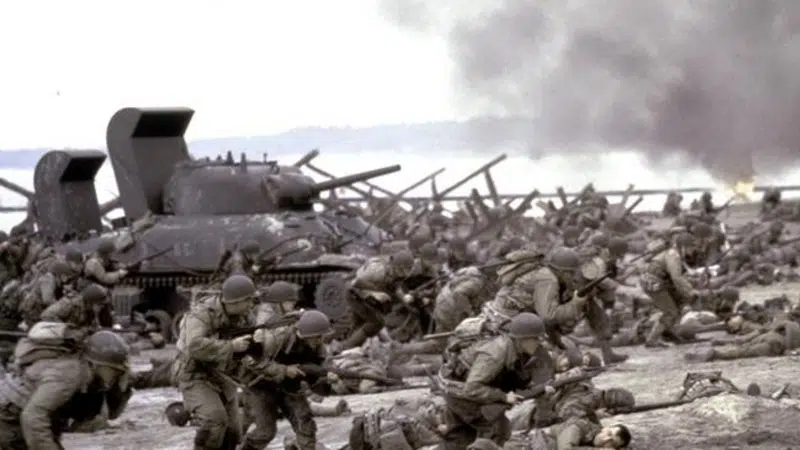
A selection of books, films about or referencing Juno Beach and D-Day invasion
OTTAWA — A selection of films and books about the Normandy invasion:
FILMS
Storming Juno (2010): Movies mentioning Canada’s role in the D-Day landings are hard enough to come by, let alone one actually focused on Juno Beach. Storming Juno attempts the feat, focusing on a group of Canadian soldiers who land in Normandy. Described more docudrama than feature film, it includes re-enactments and interviews with some of those who were there when the landing craft ramps dropped.
